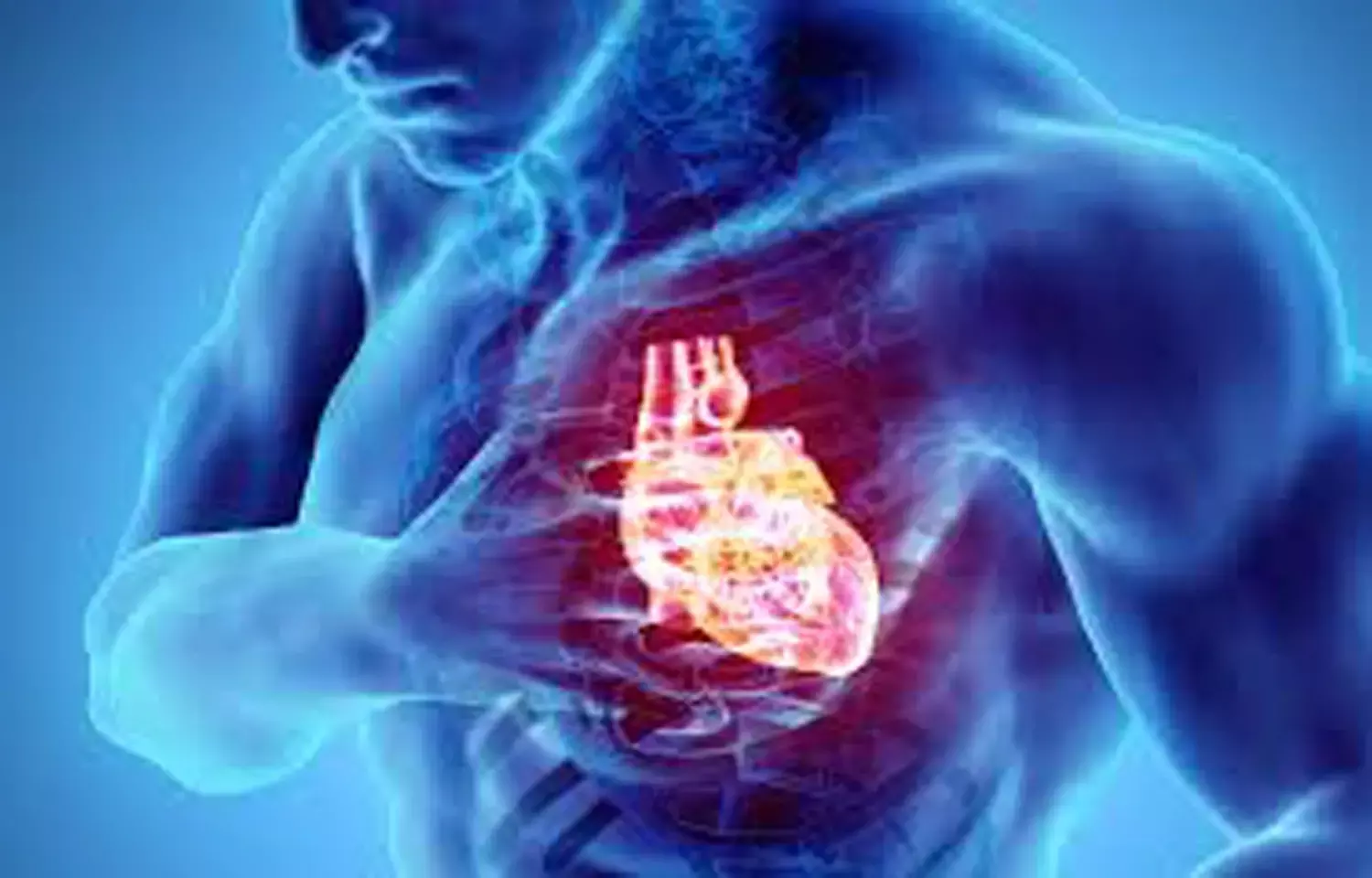- Home
- Medical news & Guidelines
- Anesthesiology
- Cardiology and CTVS
- Critical Care
- Dentistry
- Dermatology
- Diabetes and Endocrinology
- ENT
- Gastroenterology
- Medicine
- Nephrology
- Neurology
- Obstretics-Gynaecology
- Oncology
- Ophthalmology
- Orthopaedics
- Pediatrics-Neonatology
- Psychiatry
- Pulmonology
- Radiology
- Surgery
- Urology
- Laboratory Medicine
- Diet
- Nursing
- Paramedical
- Physiotherapy
- Health news
- Fact Check
- Bone Health Fact Check
- Brain Health Fact Check
- Cancer Related Fact Check
- Child Care Fact Check
- Dental and oral health fact check
- Diabetes and metabolic health fact check
- Diet and Nutrition Fact Check
- Eye and ENT Care Fact Check
- Fitness fact check
- Gut health fact check
- Heart health fact check
- Kidney health fact check
- Medical education fact check
- Men's health fact check
- Respiratory fact check
- Skin and hair care fact check
- Vaccine and Immunization fact check
- Women's health fact check
- AYUSH
- State News
- Andaman and Nicobar Islands
- Andhra Pradesh
- Arunachal Pradesh
- Assam
- Bihar
- Chandigarh
- Chattisgarh
- Dadra and Nagar Haveli
- Daman and Diu
- Delhi
- Goa
- Gujarat
- Haryana
- Himachal Pradesh
- Jammu & Kashmir
- Jharkhand
- Karnataka
- Kerala
- Ladakh
- Lakshadweep
- Madhya Pradesh
- Maharashtra
- Manipur
- Meghalaya
- Mizoram
- Nagaland
- Odisha
- Puducherry
- Punjab
- Rajasthan
- Sikkim
- Tamil Nadu
- Telangana
- Tripura
- Uttar Pradesh
- Uttrakhand
- West Bengal
- Medical Education
- Industry
Earlier epinephrine treatment during cardiac arrest linked to better recovery

DALLAS - Earlier epinephrine treatment during a cardiac arrest is linked to better recovery compared to later treatment, according to preliminary research to be presented at the American Heart Association's Resuscitation Science Symposium (ReSS) 2021.
"Our study's findings should guide emergency medical services professionals towards earlier administration of epinephrine during out-of-hospital cardiac arrest management," said lead study author Shengyuan Luo, M.D., M.H.S., an internal medicine resident physician at Rush University Medical Center in Chicago.
Unlike a heart attack, which results from blocked blood vessels, a cardiac arrest occurs when the heart suddenly stops beating due to a malfunction in the rhythm of the heartbeat. Although a cardiac arrest can result from a heart attack, it also can occur on its own and without a prior diagnosis of heart disease. Visible signs of cardiac arrest include unresponsiveness and undetectable or abnormal breathing, such as gasping.
According to the American Heart Association's Heart and Stroke Statistical Update 2021, each year more than 356,000 people have a cardiac arrest outside of a hospital setting in the U.S. Previous research found that only about 1 in 5 people survive a cardiac arrest outside of the hospital and those who do survive often have long-term impairment in the ability to perform daily living tasks.
During a cardiac arrest, immediate CPR, or cardiopulmonary resuscitation, is critical. For some types of cardiac arrest, an AED, or automated external defibrillator, also is used to deliver an electric shock through the chest to the heart to restore a heartbeat. For these "shockable" cardiac arrests, the hormone epinephrine, also known as adrenaline, is injected to help restore blood flow. Previous research indicated that epinephrine should be given after three unsuccessful electric shocks with an AED, however, it was unclear whether it should be given even earlier – such as after the first electric shock.
To compare the effects of earlier versus later administration of epinephrine, the researchers examined medical records to compare epinephrine timing to patient recovery. Study subjects included 6,416 multi-ethnic adults across North America who had an out of hospital cardiac arrest with shockable initial rhythm from 2011-2015. They were an average age of 64 years, and most were men.
Overall, epinephrine administration within four minutes after the first shock from an AED corresponded with a greater likelihood of an individual's recovery, while administration after four minutes was associated with a lesser likelihood. Specifically, people who received epinephrine after four minutes were nearly half as likely to have heartbeat and blood flow restored before hospital admittance and half as likely to survive to hospital discharge or be able to perform daily tasks, as measured by a standard test, at discharge. Furthermore, the risks of later epinephrine treatment continued to increase with each minute of delayed treatment.
"It is crucial that whenever a cardiac arrest event is suspected, the emergency medical system be notified and activated immediately, so that people with cardiac arrest receive timely, life-saving medical care," Luo said.
These findings support the latest American Heart Association CPR and Emergency Cardiovascular Care Guidelines, which were released in October 2020. The guidelines indicate epinephrine should be administered as early as possible to maximize the chance of good resuscitation outcomes. The guideline recommendation was based on previous observational data that suggest better outcomes when epinephrine is given sooner.
Although this study found an association between earlier epinephrine administration and better recovery after cardiac arrest, it could not account for other influences on recovery. To confirm the study's findings, additional research accounting for other potential influences is needed.
Hina Zahid Joined Medical Dialogue in 2017 with a passion to work as a Reporter. She coordinates with various national and international journals and association and covers all the stories related to Medical guidelines, Medical Journals, rare medical surgeries as well as all the updates in the medical field. Email: editorial@medicaldialogues.in. Contact no. 011-43720751
Dr Kamal Kant Kohli-MBBS, DTCD- a chest specialist with more than 30 years of practice and a flair for writing clinical articles, Dr Kamal Kant Kohli joined Medical Dialogues as a Chief Editor of Medical News. Besides writing articles, as an editor, he proofreads and verifies all the medical content published on Medical Dialogues including those coming from journals, studies,medical conferences,guidelines etc. Email: drkohli@medicaldialogues.in. Contact no. 011-43720751


